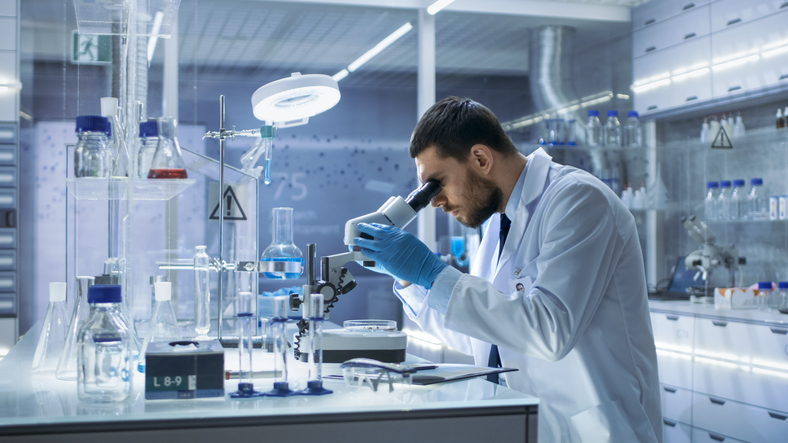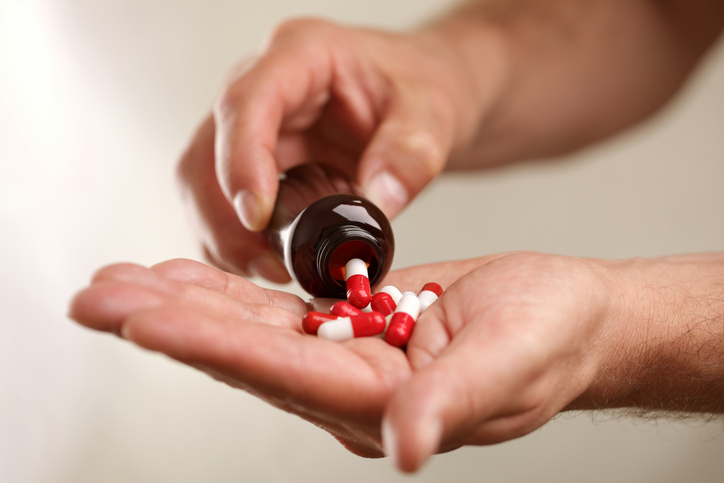
Drug development is a multi-stage process. Preliminary testing is done to make sure the concept behind a drug could someday prove to be a viable treatment. The next round of tests help determine dosing. A couple of final rounds of testing monitor how well the drug works, what kinds of side effects it leads to, and whether it is safe for those who consume it.
Somewhat surprisingly, some drugs will make it nearly all the way through the process before a problem is discovered. With new drugs costing billions of dollars to develop and test, discovering that one doesn’t work after several stages of investment can be pretty problematic.
Here’s what you need to know about this kind of late-stage failure.
Late-Stage Clinical Failure Happens Shockingly Often
Part of the reason for having multiple stages of testing is to catch nonviable ideas early. This allows researchers to either abort development, or at least make changes to the formulation in hopes of finding a version that does work. Surprisingly, though, drugs will make it through preliminary testing and fail in the final stages of development quite often. An estimated 50 per cent of drugs fail during the final phase of pre-sale drug testing—a phase that is meant largely to confirm the effectiveness of a drug in human subjects.

The latest stages of drug development are supposed to confirm a drug’s suitability
This reality can serve as an important reminder to students pursuing a clinical research diploma that even drugs that seem like sure winners can sometimes fail. Completing training to work in this field can help you ensure testing on new pharmaceuticals is done properly. This could potentially help avoid late-stage failures, or at least with catching problematic medicines that are being tested.
Students in Pharma Courses Can Expect New Procedures to Try and Prevent These Failures
The cost of a clinical trial can run into the hundreds of millions of dollars, meaning a late-stage failure can be rather painful for a pharmaceutical company. Unsurprisingly, the trend in modern pharmaceutical development is toward finding ways to try and better predict late-stage success earlier on. For example, take an earlier stage trial for a liver medication, where dosing is being experimented with. This stage might now include looking to see whether any minor improvements are being realized at the lower doses of the drug. If there are no beneficial effects, it could be a warning sign that the drug may fail later on, alerting researchers earlier that this is something to watch out for.
This will have the effect of somewhat complicating earlier testing for drugs, and of increasing costs earlier on, but the potential to save hundreds of millions of dollars by avoiding a failed experiment makes the prospect one that is arguably worthwhile.
If you go on to work in clinical research, techniques learned in your pharma courses can help you design in-depth protocols. Once you graduate, you may even see a push towards more detailed early trials. More in-depth earlier trials can provide much-needed extra information before the later stages of drug testing, and can help companies that have been burned too often by costly failures late in the drug development process.
The pharmaceutical industry is a fast-paced industry with great career prospects.
Pursue them by taking clinical research courses in Toronto at AAPS!



